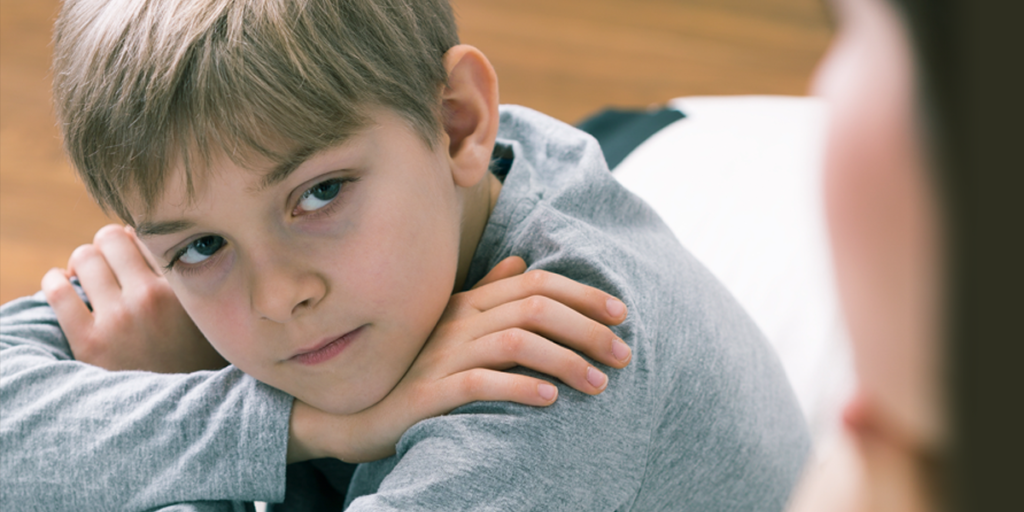Sad, Mad or Bad? (or Children Have the Best Poker Faces)
Many of us are not very good at cards because we don’t have good poker faces.
When we’re happy, it’s not hard to tell by the way we act or the look on our face. When we’re angry, others usually know it. And when we’re sad or depressed, we look down in the dumps, sullen and quiet.
But children have the best poker faces. When they’re happy, it’s usually not too difficult to tell. They’re smiling, excited, active and generally enjoyable to be around. However, when they’re angry, they may behave badly; when they’re sad they may seem mad. So how do we know the difference? Are they mad, are they sad, or are they just bad?
Truth be told, there are very few children who are just inherently bad. Most often, children learn to behave badly because that’s how they get adults to respond to them and take notice. Or they may not have the words to express how they feel, and it’s easier to express themselves non-verbally.
Sometimes, children have been exposed to very adverse experiences that are more than they can handle. In fact, repeated exposure to adverse experiences can not only shape behavior, but change brain development. (More on that in an upcoming blog.)
It’s important for us to keep in mind that when children seem bad, they may often actually be angry or sad. They’re not really bad children; we just have to try and understand why they seem that way. We owe it to them to look beyond the poker face.
Here are some things to consider:
- How about asking them “What’s wrong? You seem to have a lot on your mind and I’d like to help.”
- What if you said “You seem very angry — I’d like to try and understand.”
- Perhaps try “I don’t think you’re a bad kid, but you seem unhappy. Can you share what’s troubling you?”
The point is, there are no right or wrong questions if we start with the notion that most children are not bad. They’re just wearing the best poker face they know how. We can help them express themselves better by trying to understand them.
– Joe Shorokey, Executive Director, Alta Behavioral Healthcare


